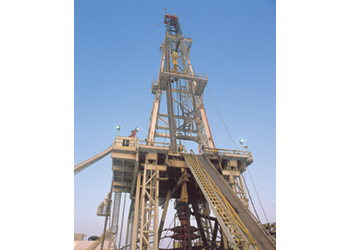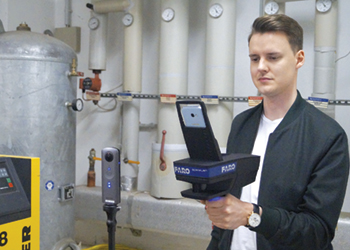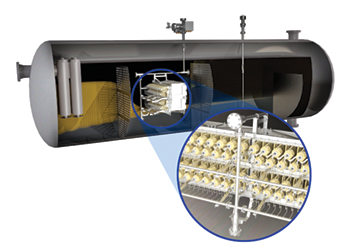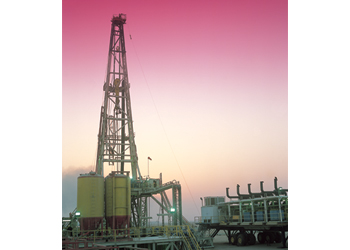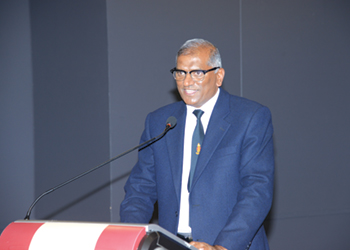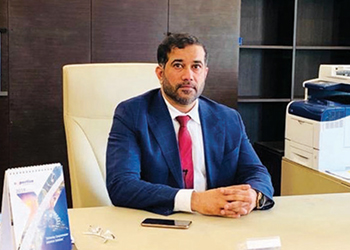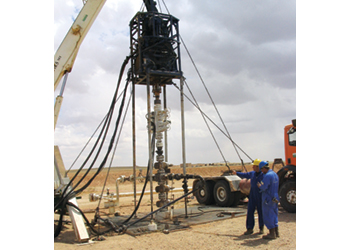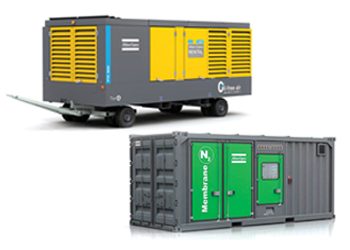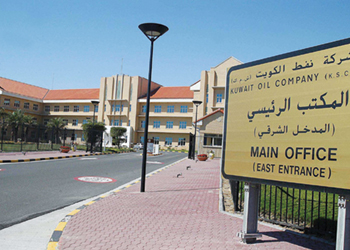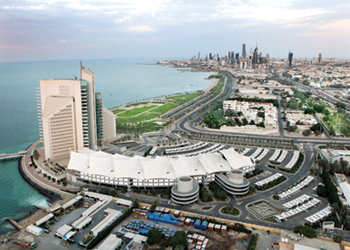
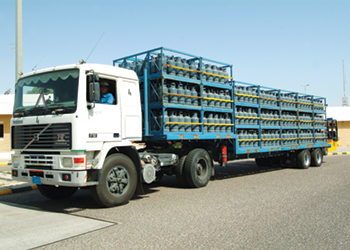 KOTC ... opting for compliant fuel
KOTC ... opting for compliant fuel
KOTC – a major global oil tanker company and a subsidiary of Kuwait Petroleum Corp – is instrumental in moving millions of tonnes of oil cargoes across the world. It has close to a dozen VLCCs, 10 product tankers and two LPG carriers
The Kuwait Oil Tanker Company, or KOTC, will be opting for low sulphur bunker fuels to comply with the International Maritime Organization’s global sulphur limit rule for marine fuels even though some concerns linger over the compatibility and availability of such fuels for the overall shipping industry, a senior company executive says.
"We will walk in the direction of low sulphur fuels but there are challenges involved for the industry," Ali A. Shehab, Deputy CEO for fleet operations told S&P Global Platts on the sidelines of the Sea Asia 2019 conference in Singapore.
The International Maritime Organization is set to cap sulphur content in marine fuels globally at 0.5 per cent starting January 1, 2020, compared with 3.5 per cent currently.
To comply with this rule, ships will have to either burn more expensive, cleaner fuels or use scrubbers with high sulphur fuel oil.
KOTC will opt for compliant fuel, "however, we know that there is a need to develop technology to ensure suitable fuels are available for use in sufficient quantities," he says.
There is uncertainty over availability, he added.
"KOTC favours full compliance with the new norms," Shehab adds.
KOTC – a major global oil tanker company and a subsidiary of Kuwait Petroleum Corp – is instrumental in moving millions of tonnes of oil cargoes across the world. It has close to a dozen VLCCs, 10 product tankers and two LPG carriers. It also has eight ships on orderbooks – one VLCC, three VLGCs and four Medium Range clean tankers.
KOTC has been working with dual engine ships since 2004. While the company will be sourcing IMO 2020-compliant marine fuels for its fleet from its parent company, KPC, concerns remain for the industry at large.
"Whether KPC supplies low sulphur fuels from its own refineries or elsewhere, is their prerogative," he says.
Other shipowners and participants at the Sea Asia conference were also concerned over availability of IMO 2020-compliant marine fuels and compatibility of ship engines with these fuels.
If viscosity in the blended fuel is not at the appropriate level, it can solidify, stop flowing and jam the ship engines. Refiners are testing several blends of high sulphur fuel oil and gasoil on their ability to flow. However, a global standard for such blends is yet to materialize, sources with other shipowners says.
Many shipowners also provide fuel oil non-availability reports, or FONAR, when they are unable to obtain compliant fuels. These reports are used in the US Emission Control Area, or ECA.
Possibility of having FONAR and their format to enforce the upcoming norms is expected to be discussed at the IMO’s Marine Environment Protection Committee meeting next month.
Compatibility and stability of such fuels will take some time to normalize, Compatibility and stability of such fuels will take some time to normalize, Shehab says. There will be a transition phase during which the ship owners may have to deal with operational problems, he added.
"Teething problems will have to be dealt with ... We hope there will not be any incidents that make ships [in general] redundant due to loss of engine power," Shehab says.



















































































